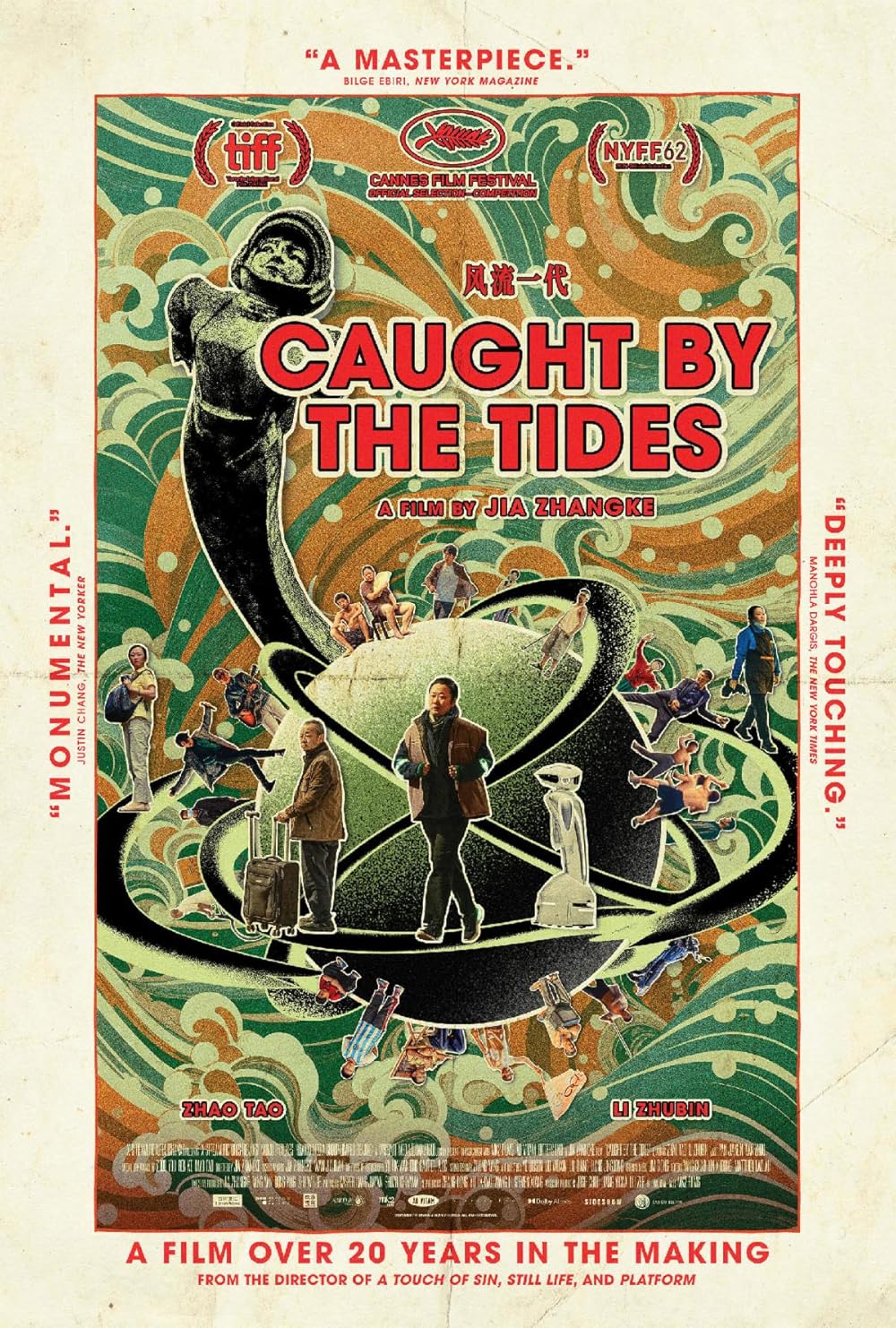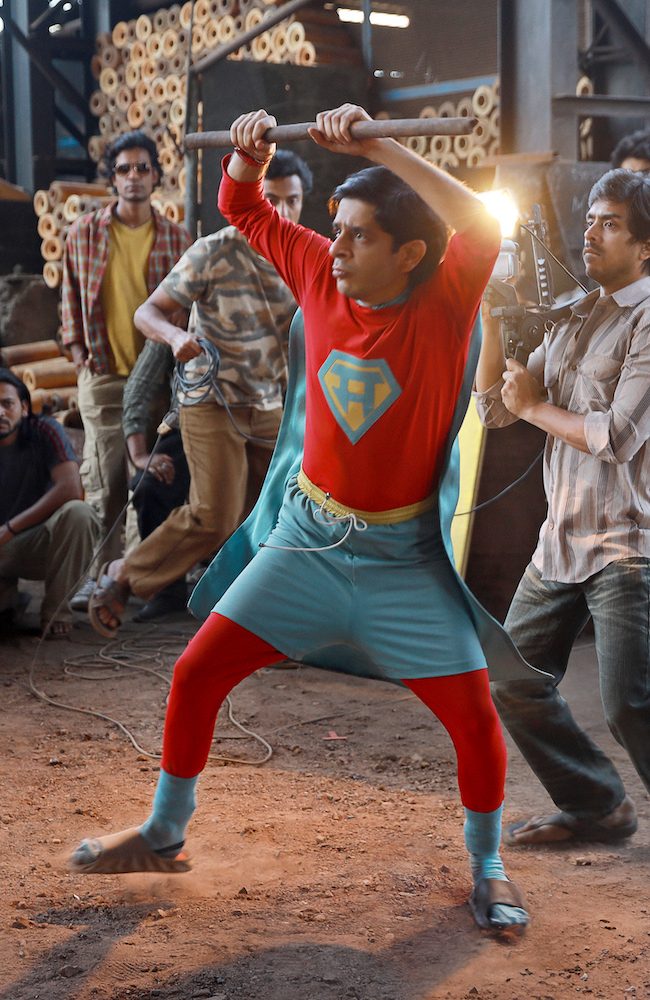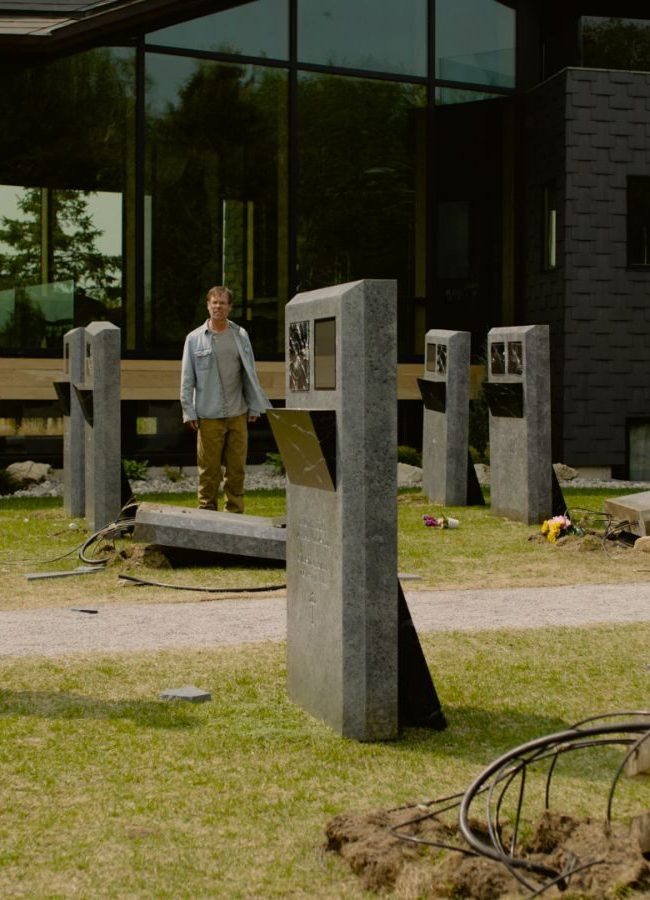CAUGHT BY THE TIDES Trailer: Jia Zhangke Travels Through Time With His Ambitious Experimental Drama

Director Jia Zhangke and his leading lady Zhao Tao have been an unstoppable force in Chinese cinema, having collaborated on more than half a dozen films. Six years after the duo worked together on Ash Is Purest White, they have reunited for an ambitious new drama with footage that spans across twenty-two years. Caught By The Tides stars Tao as a woman who drifts through decades of Chinese history while yearning for a lost love (played by Li Zhubin). The film premiered at last year’s Cannes Film Festival, before making stops at TIFF and NYFF. Sideshow and Janus Films have unveiled the official U.S. trailer ahead of its release in select theaters on Friday, May 9.
Director Jia will be in New York and Los Angeles for Q&As for the film’s release. The film will also be out in time for a May Criterion Channel programming of Jia’s best films, including best films, including Ash Is Purest White, Mountains May Depart, A Touch of Sin, 24 City, Still Life, Platform, and more.
Here’s the official synopsis:
The preeminent dramatist of China’s rapid 21st-century growth and social transformation, Jia Zhangke has taken his boldest approach to narrative yet with his marvelous Caught by the Tides. Assembled from footage shot over a span of 23 years—a beguiling mix of fiction and documentary, featuring a cascade of images taken from previous movies, unused scenes, and newly shot dramatic sequences—Caught by the Tides is a free-flowing work of unspoken longing, carried along more by music than dialogue as it looms around the edges of a poignant love story. The film mostly adheres to the perspective of Qiaoqiao (Jia’s immortal muse Zhao Tao) as she wanders an increasingly unrecognizable country in search of long-lost lover Bin (Li Zhubin), who left their home city of Datong seeking new financial prospects. The always captivating Zhao carries the film with her delicate expressiveness, while Jia constantly evokes cinema’s ability to capture the passage of time and the persistence of change: of people, landscapes, cities, politics, and ideas.
See the U.S. trailer and poster below.












